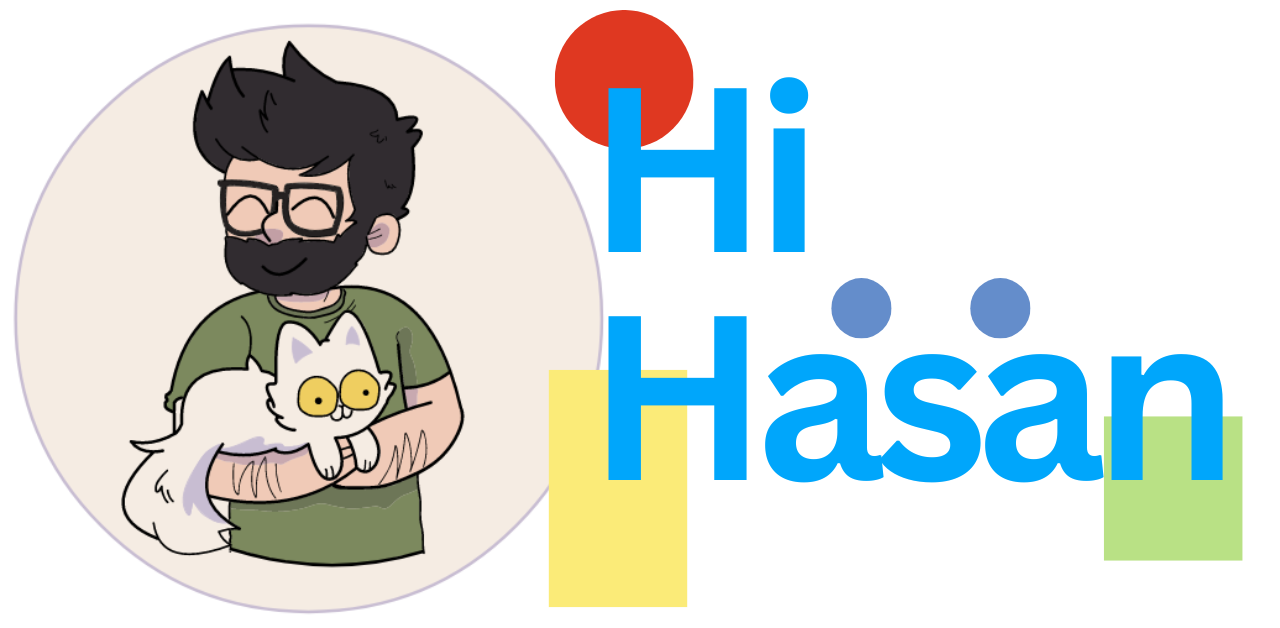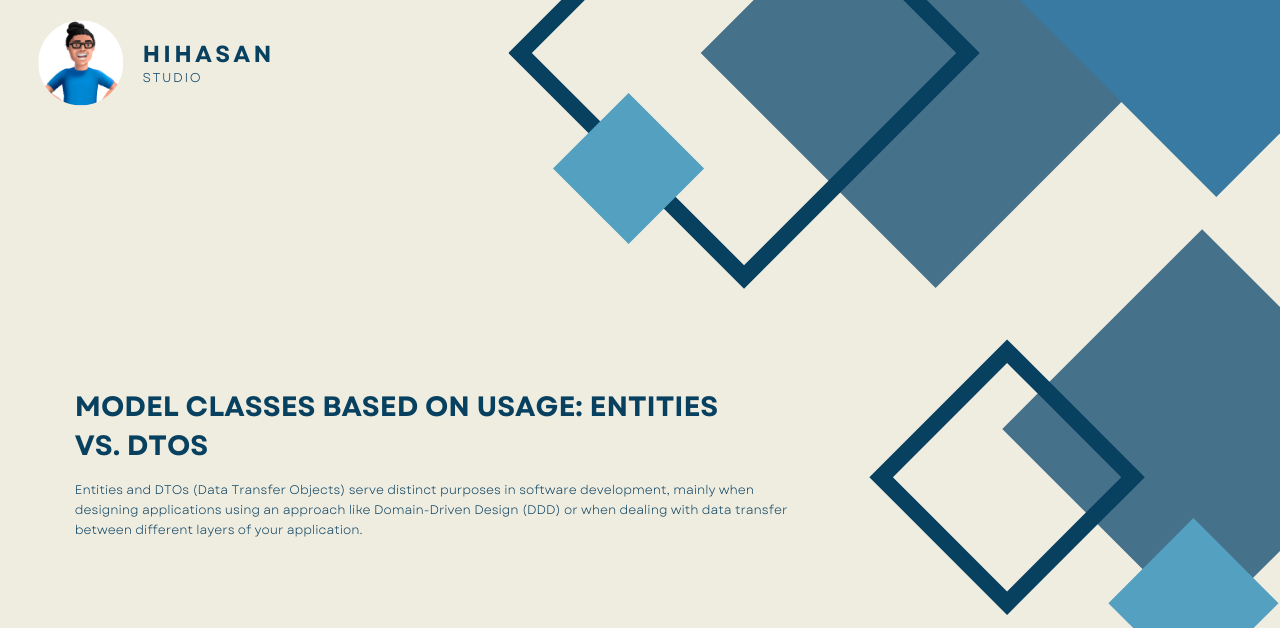“Time, Money, Quality” is a fundamental principle in project management, especially in the context of mobile and software application development. This principle represents the three key constraints that project managers must carefully balance to ensure project success. Here’s how each of these factors applies to mobile and software application development:
- Time: Time is a critical factor in project management. In application development, it refers to the project’s schedule or timeline. Meeting deadlines is essential, especially in industries where rapid innovation and quick time-to-market are crucial. Project managers must create realistic and achievable timelines, set milestones, and monitor progress to ensure the project stays on track.
- Money: Money refers to the project’s budget or financial resources. Developing mobile and software applications can be costly, and managing finances is essential. Project managers must allocate funds for various aspects of development, including salaries, hardware and software resources, marketing, and more. Staying within the budget while delivering a quality product is a significant challenge.
- Quality: Quality is perhaps the most critical factor in mobile and software application development. Quality encompasses factors such as functionality, usability, security, performance, and reliability. A high-quality application will likely meet user expectations, gain positive reviews, and achieve long-term success. Project managers must ensure that the project team follows best practices, conducts thorough testing, and continually improves product quality throughout development.
Balancing these three factors can be challenging because changes in one area (e.g., speeding up development to meet a tight deadline) can affect the others (e.g., compromising quality). Effective project management involves making informed decisions to optimize the allocation of time, money, and resources while delivering a high-quality product. To successfully manage mobile and software application development projects, project managers often use various methodologies and tools, such as Agile, Scrum, Kanban, and project management software. These methodologies provide frameworks for managing projects while considering the constraints of time, money, and quality and adapting to changing requirements and priorities.
What to Choose?
Choosing between “Time, Money, Quality” in project management often depends on your project’s goals, constraints, and priorities. Here’s a general guideline to help you make an informed decision:
- Time: Choose to prioritize when speed to market or meeting a specific deadline is critical. This is common in industries where being the first to market with a new product or feature is a competitive advantage. However, be cautious not to rush to the point where it compromises the quality of your application.
- Money: Prioritize your budget when you have limited financial resources or need to control costs. This approach may involve seeking cost-effective solutions, cutting unnecessary expenses, or outsourcing certain tasks to reduce expenses. However, be mindful not to underinvest to the point where it negatively impacts the quality and functionality of your application.
- Quality: Choosing to prioritize quality when building a robust and reliable product is the top priority. High-quality applications tend to perform better, have fewer bugs, and provide a better user experience. This approach is suitable when your application’s reputation and user satisfaction are critical, and you can allocate sufficient resources and time to ensure quality. However, it may lead to longer development timelines and higher costs.
In practice, focusing solely on one of these factors is often challenging, as they are interconnected. For example:
- Prioritizing time and money may lead to compromises in quality.
- Prioritizing money and quality may extend the project timeline.
- Prioritizing time and quality may require a higher budget.
The key is to strike a balance that aligns with your project’s objectives and constraints. Project management methodologies like Agile and Scrum are designed to help teams adapt to changing priorities while maintaining a focus on delivering value and quality.
In most project management scenarios, it’s essential to consider all three factors: Time, Money, and Quality. These factors are interconnected, and neglecting any one of them entirely can lead to challenges and potential project failure. However, the degree to which you prioritize each factor can vary depending on the project’s circumstances. Here’s a more nuanced approach:
- Primary Emphasis: Select two of the factors to be your primary focus, depending on the project’s primary objectives and constraints. For example, if you’re working on a project where delivering a high-quality product is non-negotiable, you might prioritize “Quality” and “Money” and be willing to be more flexible on the timeline. Conversely, if you’re in a rapidly evolving market and need to be the first to market, you might prioritize “Time” and “Money” while still ensuring a reasonable level of quality.
- Balancing the Third Factor: While you emphasize two factors, it’s essential not to disregard the third completely. You should still consider the third factor to some extent and manage it carefully. For instance, if you prioritize “Quality” and “Money,” you can’t ignore the timeline entirely but may be more flexible with deadlines. Likewise, if you prioritize “Time” and “Money,” you should still have a baseline level of quality that meets user expectations and doesn’t compromise the project’s long-term success.
- Regular Evaluation: Continuously assess the project’s progress and adapt your priorities as needed. Agile project management methodologies, for example, promote iterative development and frequent reassessment of project priorities based on changing requirements and feedback.
In summary, while you can emphasize two of the factors as primary, it’s crucial to acknowledge all three and find a balance that aligns with your project’s goals, constraints, and the evolving needs of stakeholders. Effective project management involves making trade-offs and adjustments as necessary throughout the project’s lifecycle to ensure successful outcomes. Ultimately, the “Time, Money, Quality” principle serves as a constant reminder for project managers to make informed trade-offs and prioritize actions that lead to the successful delivery of valuable and high-quality applications within the specified constraints.











